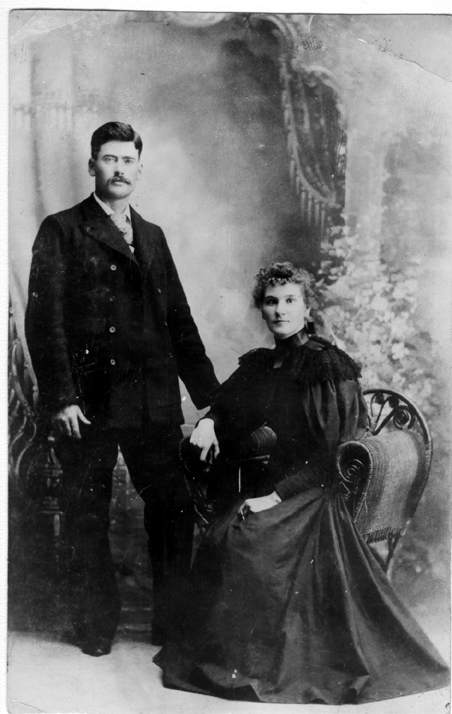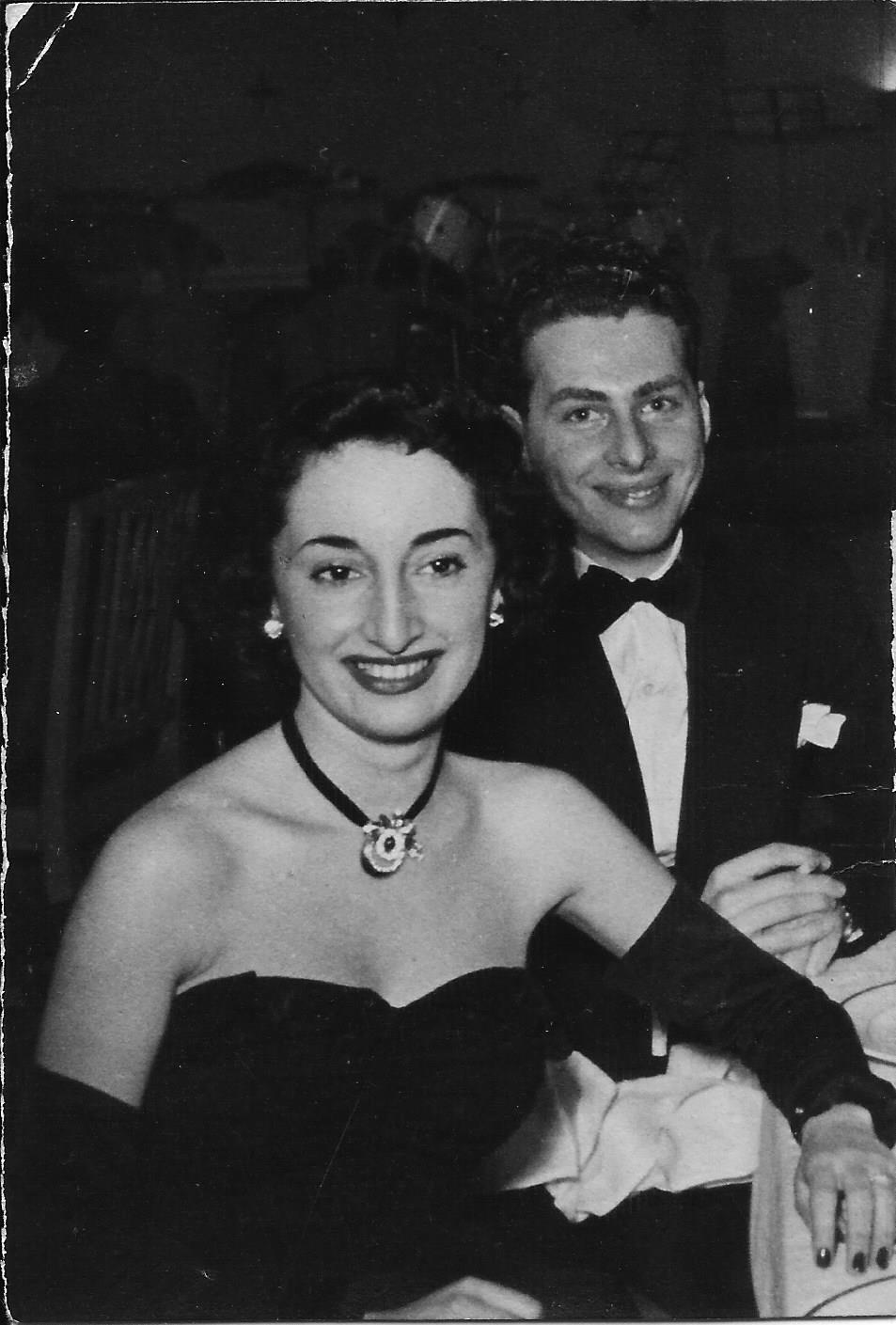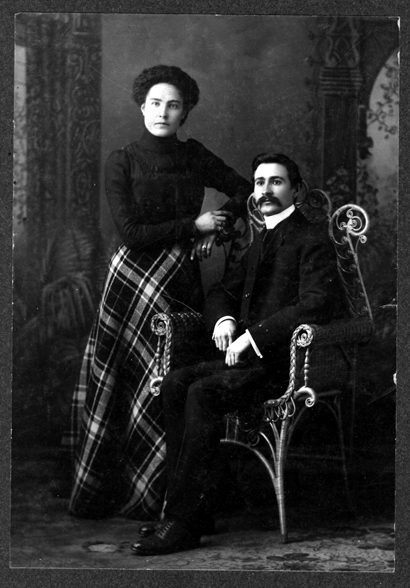| Sources |
- [S793] Dictionary of Canadian Biography Online, (http://www.biographi.ca), CUILLERIER, MARIE-ANNE-VÉRONIQUE.
CUILLERIER, MARIE-ANNE-VÉRONIQUE, Nun Hospitaller of St Joseph, annalist; b. 13 Nov. 1680 in Montreal, daughter of René Cuillerier* and Marie Lucault; d. 21 Jan. 1751 in Montreal.
Marie-Anne-Véronique Cuillerier entered the order of the Nuns Hospitallers of St Joseph at Montreal in 1694 and made her profession in 1696. From 1725 to 1747 she held the office of secretary, which allowed her to communicate with the houses in France and brought her the task of continuing Sister Marie Morin*’s annals. Her letters and annals constitute documents of high quality. By her choice of details, her moving commentaries, her explanations of events, Sister Cuillerier furnishes first-hand information on the difficulties of daily life in New France and on the religious mentality of the inhabitants of Canada in the face of events.
In recalling the attack on the city of Quebec by Sir William Phips* in 1690, Sister Cuillerier set it in a great biblical perspective: “As Joshua was the only person to see the sun stand still in his favour, so this country may say that it is the only one which saw the ordinary ebb and flow of the sea stop for 24 hours to prevent its enemies from approaching Quebec before help coming from Montreal had arrived.”
In speaking of the earthquake in 1732 she wrote: “It was on 16 September at a quarter past eleven that the first tremor was heard and felt: it knocked down 567 chimneys and cracked the walls of nearly all the houses . . . nothing can be more terrible than to see church towers and houses bending like reeds and swaying as badly as if they had been made of cards. . . . Public prayers did not move the Lord to pity, who was content to keep His whole people in a constant state of alarm for more than nine months. As rumblings had been heard constantly throughout this long period of time, the ladies made vows to give up hoop petticoats and frivolities, but there were some who, in accordance with the flightiness natural to the sex, when they no longer heard anything but a few small tremors, thought they were secure and resumed their adornments. God revenged Himself on the night of 25–26 October and caused a tremor like the first one to be heard.”
With her attention to realistic and picturesque details, Sister Cuillerier was able to make little-known events tragic. For example, in 1746 she spoke of a “cloud of caterpillars sent by the Lord’s justice or by some malicious acts of a bad Christian, as the settlers of Quebec say.” When these “wretched creatures” died, she wrote, “they lay to the depth of half a foot in the countryside, and the froth that they had made while eating was so horrible that one stepped into it half way up to one’s knees . . . that did not prevent them from getting into the houses and climbing on the children, whom they bit; people had to erect scaffoldings to save their innocent infants. They moved like famished creatures to look for people in their beds.”
On reading the account of these misfortunes and many others, such as epidemics and fires, we understand why Sister Cuillerier wrote: “I should exhaust my stock of expressions, my dear Sisters, if I tried to tell you of the great suffering that we endured; we were no longer able to control ourselves, and night and day our tears sprinkled our bread and our beds.” With a touch of irony she added: “As a crowning good fortune the crop has failed and nearly everyone is lacking bread; we are obliged to eat Indian corn twice a day.”
In 1747 Sister Cuillerier was replaced in her office as secretary by Sister Catherine Porlier. The history of the community does not give us any information about her final years or her death, which occurred on 21 Jan. 1751.
Hélène Bernier
AHSJ, Annales de sœur Marie Morin, 1697–1725; Annales de sœur Véronique Cuillerier, 1725–1747; Déclarations de nos anciennes Mères pour constater la profession religieuse et le décès de nos sœurs. Archives des religieuses hospitalières de Saint-Joseph (La Flèche, France), Lettres de sœur Véronique Cuillerier. Mondoux, L’Hôtel-Dieu de Montréal.
- [S793] Dictionary of Canadian Biography Online, (http://www.biographi.ca), CUILLERIER, MARIE-ANNE-VÉRONIQUE.
|




 [2]
[2] 
 [2]
[2]  d. 22 Mar 1712, Montreal, Quebec, Canada
d. 22 Mar 1712, Montreal, Quebec, Canada  (Age 74 years)
(Age 74 years)  d. 22 Dec 1727, Montreal, Quebec, Canada
d. 22 Dec 1727, Montreal, Quebec, Canada  (Age 77 years)
(Age 77 years) 
